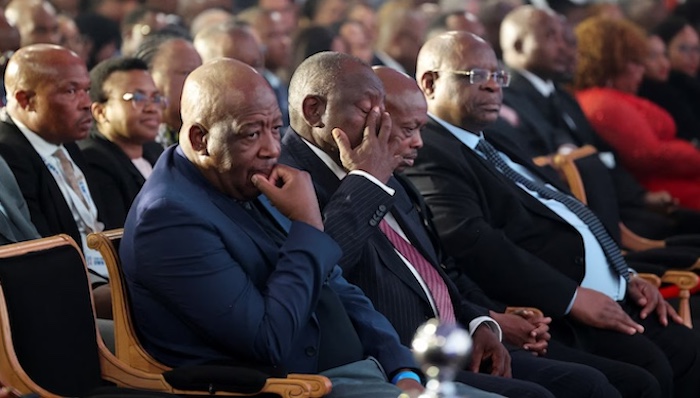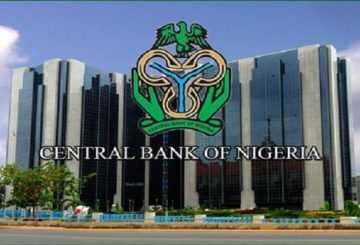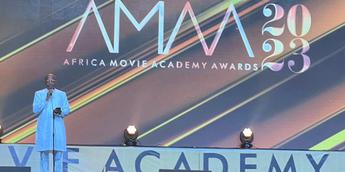South African President Cyril Ramaphosa inaugurated a new parliamentary term on Thursday, nearly two months after a groundbreaking election that led to the formation of an unprecedented multiparty coalition government. This landmark event signifies a new era in South Africa’s political landscape, reshaping governance in Africa’s most industrialized nation.
Speaking to lawmakers at the City Hall in Cape Town—substituting the traditional Parliament venue still under repair from a devastating fire two years ago—Ramaphosa marked the official commencement of the new coalition, which unites over ten parties to steer the country forward. Despite the political diversity within this coalition, Ramaphosa emphasized a collective commitment to address South Africa’s three major challenges: unemployment, poverty and inequality, and the decay of state institutions plagued by corruption.
The election on May 29 was a turning point for South Africa, as voters, disillusioned by persistent socio-economic issues, handed the African National Congress (ANC) its worst defeat since the end of apartheid in 1994. This outcome ended the ANC’s three-decade majority rule, necessitating the formation of the multiparty coalition.
“Despite the achievements of 30 years of democracy… millions of South Africans remain poor, unemployed, and live in a highly unequal society,” Ramaphosa admitted, acknowledging the ANC’s shortcomings. He called for unity and collective action to tackle the nation’s pressing issues, stating, “The circumstances of South Africa today require that we act together.”
This session inaugurated South Africa’s “seventh administration,” the seventh government since the end of apartheid, and the first coalition of its kind. The coalition includes the Democratic Alliance (DA), formerly the ANC’s main political adversary, now a key partner in the government.
Ramaphosa’s speech, a plea for unity, received applause from lawmakers, a reflection of the cooperative spirit within the new coalition. However, the newly-formed MK Party, led by former President Jacob Zuma, now the official opposition, remained subdued. The far-left Economic Freedom Fighters (EFF), allied with MK, also displayed restraint. Zuma himself was absent, disqualified from parliamentary membership due to a criminal conviction in 2021.
Beginning his second and final term, Ramaphosa faces the formidable task of maintaining cohesion within a coalition marked by significant political differences, while addressing the country’s deep-rooted issues. South Africa’s unemployment rate stands at a staggering 32%, the highest globally, and it is ranked as the world’s most unequal country by wealth distribution. The economy has been stagnant for over a decade.
Ramaphosa outlined his coalition’s priorities: fostering growth and job creation across sectors such as mining, agriculture, small businesses, and green energy, alongside eradicating corruption and bureaucratic inefficiencies. However, his speech offered broad goals rather than specific policy details, aiming to unify the country post-election.
“Parties cooperating is quite an historic moment for our country,” Ramaphosa remarked. “We share a commitment to reconcile our nation.”
- Tags: ANC, coalition government, Democratic Alliance, Economic Freedom Fighters, government of national unity, historic election, Jacob Zuma, MK Party, multiparty government coalition, Nelson Mandela, new parliamentary term, poverty and inequality, South Africa economy, South Africa politics, South African President Cyril Ramaphosa, unemployment crisis





